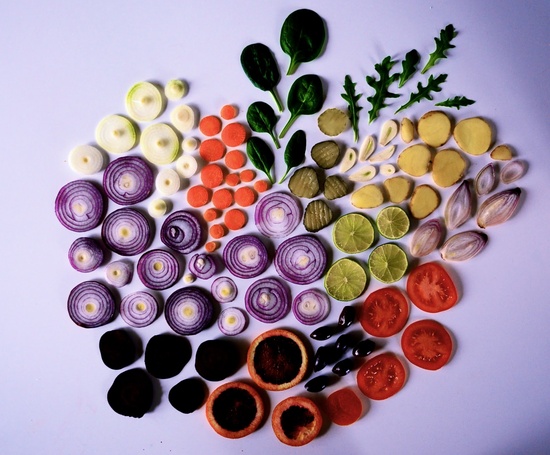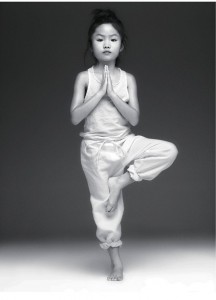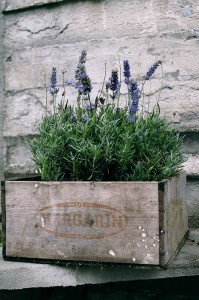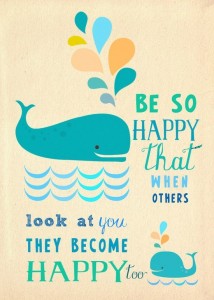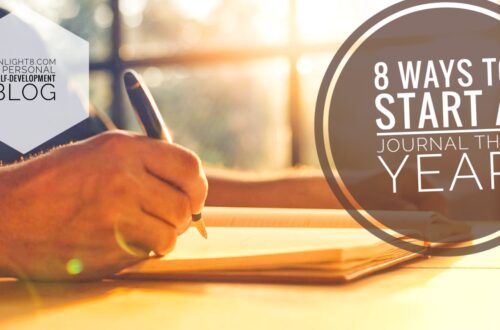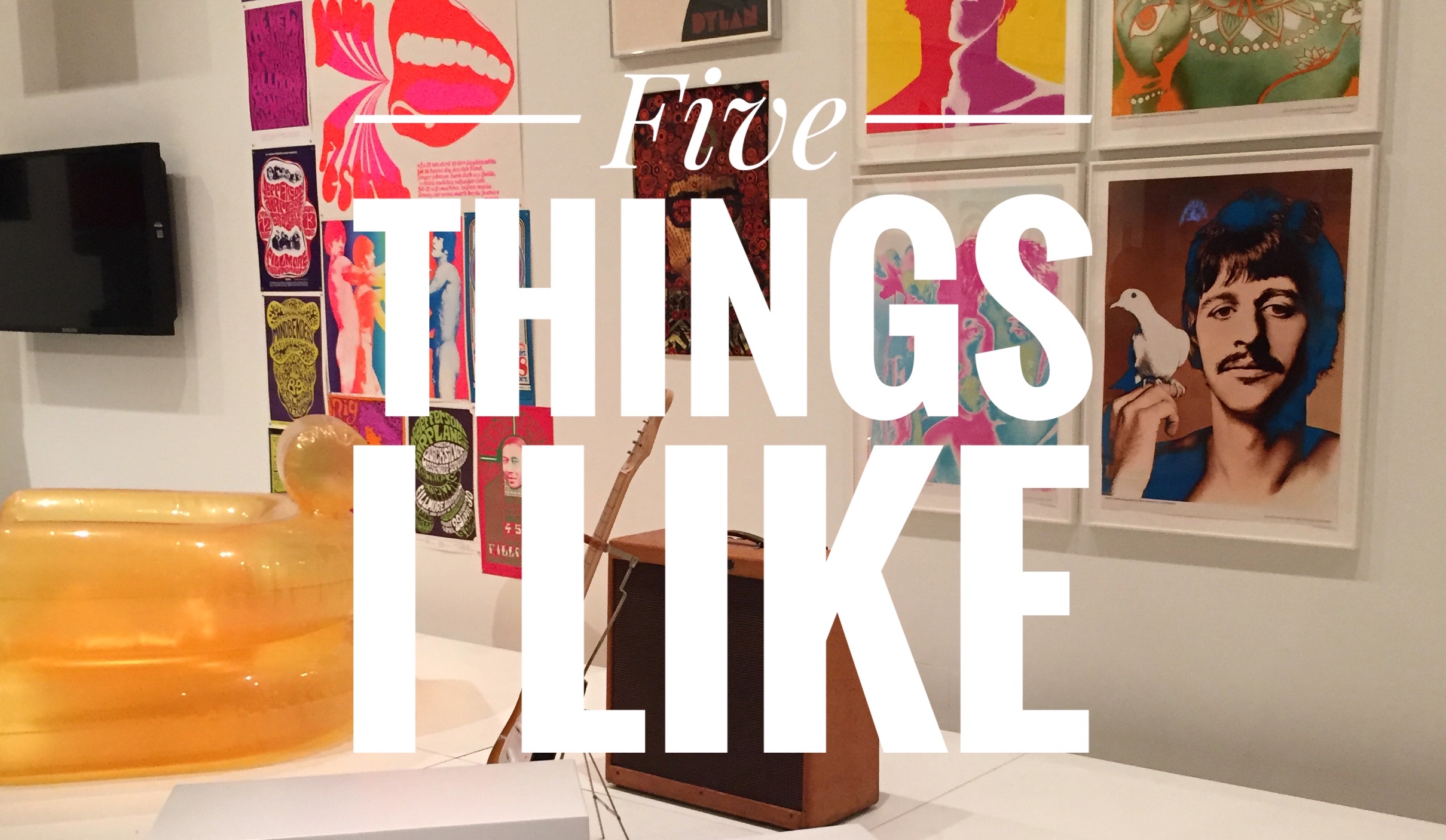
8 Ways to Overcome Anxiety and Depression Naturally
Millions of people deal with anxiety and depression for a number of reasons. Today’s society is very fast-paced. There is an overabundance of information contributing to chronic over-stimulation. Many work stressful, demanding jobs and struggle to balance work with the demands of home and family life. All of this, combined with other factors like environmental toxins, poor diet, and increasingly sedentary lifestyle has caused depression and anxiety disorders to soar in recent years.
According to the Centers for Disease Control, anti-depressant drug use in the US has gone up by 400% since 1988. Unfortunately, anti-depressant drugs do nothing to address the issues causing depression, furthermore many of these drugs produce very undesirable side effects. When possible, it’s always best to seek a natural solution to a problem. What follows are 8 natural methods that can help you overcome depression and anxiety.
1. Meditation / Self-hypnosis
Meditation is the act of consciously focusing on the here and now. With practice, those who meditate regularly are able to block out external stimulus and mind chatter, completely relax, and focus only on the present moment. Full and present awareness is free of emotion and mental noise, resulting in inner peace and tranquility that lasts even after the meditation is finished. Studies have shown that regular meditation reduces the effects of stress in the body as well.
Another similar practice that can help reach Alpha brain wave states is self-hypnosis. There are many programs available to help users fight stress, build confidence, and even heal themselves emotionally and spiritually. Guided meditations, Hemi-sync, and subliminal messages are a few of the most well-known techniques.
2. Yoga
Regular exercise and movement is essential not only for physical health, but for mental and emotional health as well. Yoga combines the mindfulness of meditation with physical exercise, stretching and working stress out of the body while bringing the mind to full and present awareness. Yoga is useful for recognizing the mind/body connection and how our mental, emotional, and physical states all affect each other.
3. Aerobic Exercise
Regular vigorous exercise is vital to health and well-being on all levels. A strong body leads to a strong mind and better mental and emotional health. Exercise releases feel good endorphins that elevate the mood, relieve stress, and clear brain fog. Aerobic exercise also increases circulation to the brain resulting in better cognitive function and mental clarity.
4. Proper Diet
There is truth to the phrase “You are what you eat”. Those who eat a diet of processed and fast foods pay the price physically, mentally and emotionally. Junk foods provide little to no nutritional value and cause blood sugar spikes and crashes that can affect emotions and cognitive function. In addition, many simple carbs and processed foods cause addictions, compounding the problems for those who are already dealing with depression.
A diet rich in organic fresh fruits and vegetables, complex carbohydrates and lean protein is best for those who suffer from depression and anxiety. Avoid packaged and processed foods, refined grains, and sugars, except for those that naturally occur in fruit. High fructose corn syrup in particular should be avoided at all costs. It causes rapidly rising blood sugar and the subsequent crash can deepen feelings of anxiety and depression.
Proper hydration is also very important. The body needs water to flush toxins effectively. Drinking pure water and avoiding excess caffeine and alcohol consumption can easy anxiety.
6. Sunlight
Media and advertising constantly states the message to avoid sunlight due to risk of skin cancer. While overexposure can indeed be risky, underexposure is equally dangerous. The body requires natural sunlight to process vitamin D and other nutrients. Vitamin D directly impacts and affects the neurotransmitters dopamine and norepinephrine.
Seasonal Affective Disorder (SAD) is a form of depression that is directly related to lack of exposure to natural light. It occurs often in the winter months where there are more grey days and less sunlight.
7. Aromatherapy
Aromatherapy is a quick and easy way to reduce stress, elevate mood, promote deep relaxation, and clear the mind. Aromatherapy can be administered via massage oils, or you can add essential oils to a diffuser and even room spray. Single or multiple oils can be used together to enhance the effect.
Essential Oils to Try:
- Citrus oils like bergamot, orange, or lemon are uplifting and clarifying.
- Lavender is used at night to release stress and induce relaxation.
- Rosemary clears mind fog, lifts mood and eases stress.
- Jasmine calms the nerves and restores optimism and energy.
- Sandalwood is normalizing and uplifting.
- Neroli reduces nervousness and acts as a sedative.
8. Journals or Art
Express yourself. Depression is often the result of pent up emotions that need a constructive outlet. Writing about your feelings or expressing them through art is a way to release emotions and keep them flowing. Learning to release emotions as they come up rather than repress them is vital for emotional and mental health. When we repress emotions and anxieties they fester beneath the surface, eventually growing into larger fears and problems. All emotions will surface eventually, and having a constructive outlet can prevent destructive behaviors later on. Learning to process emotions as they happen will naturally lessen anxiety and depression.
Supplements and Herbal Remedies
There are several natural herbal remedies and supplements that can be used to help aid depression. Most of them offer a safe alternative to pharmaceutical drugs without the severe side effects. Some common herbs used for anxiety and depression are St. John’s Wart, Valerian, Lemon Balm, Skullcap, Passionflower, and 5-HTP. 5-HTP steps up the brains production of serotonin. Herbs like St. John’s Wart, Valerian and Skullcap relieve anxiety, and Lemon balm is used as a mild sedative and relaxant.
Depression and anxiety are multifaceted issues that may require more than one simple technique. Healthy habits, formed over time will help depression and anxiety become easier to manage. Combined, the tips above are a powerful way to combat depression and take control of your life back.
“The single greatest thing you can do to change your life today would be to start being grateful for what you have right now. And the more grateful you are, the more you get.”
— Oprah
“The happiness of your life depends upon the quality of your thoughts: therefore, guard accordingly, and take care that you entertain no notions unsuitable to virtue and reasonable nature.”
— Marcus Aurelius
We hope that these tips will help those suffering from mild depression or anxiety. Start with actions to put yourself in control. Follow it up with being grateful of what you have in your life now. We hope these tips will be helpful to you in taking control of your life (and the choice for happiness).
“Our deepest fear is not that we are inadequate.
Our deepest fear is that we are powerful beyond measure.
It is our light, not our darkness, that most frightens us.
We ask ourselves, who am I to be brilliant, gorgeous, talented, fabulous?
Actually, who are you not to be?
You are a child of God. Your playing small does not serve the World.
There is nothing enlightening about shrinking so that other people won’t feel unsure around you.
We were born to make manifest the glory of God that is within us.
It is not just in some of us; it is in everyone.
As we let our Light shine; we unconsciously give other people permission to do the same.
As we are liberated from our own fear; our presence automatically liberates others. ”
— Marianne Williamson
Namaste 🙂
